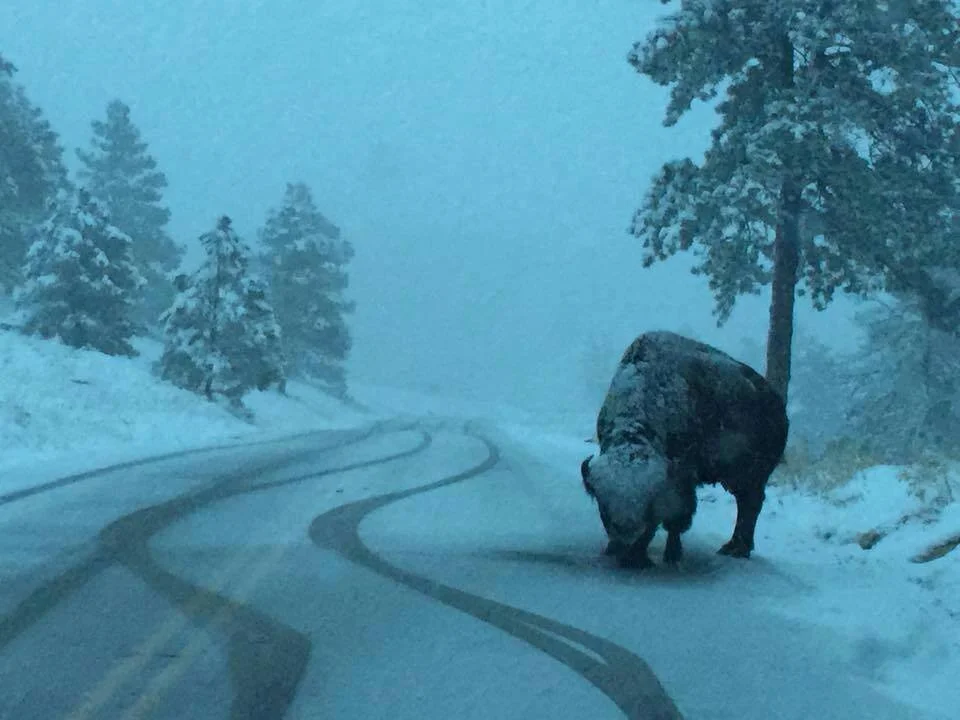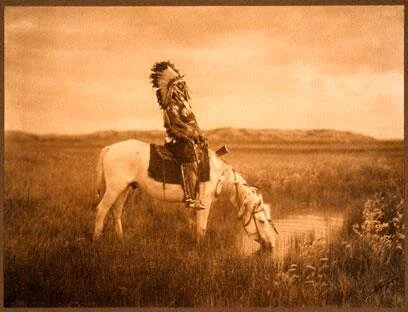The Knowledge
of Forever
Original Nations are determined to preserve, develop and transmit to future generations their ancestral knowledge and cultures; and to redress the returning of lands, territories, and resources of their Nations. Their continued existence as peoples is closely connected to their free will to influence their own fate and to live in accordance with their own cultural patterns, social institutions and legal systems. Indigenous peoples have prior rights to their territories, lands and resources, but often these have been taken from them and/or are threatened. They have distinct cultures and economies compared to those of the dominant society. Indigenous peoples face serious difficulties such as the constant threat of territorial invasion and murder, the plundering of their resources, cultural and legal discrimination, as well as a lack of recognition of their own institutions.
Akantu Institute urges you to stay informed and involved in protecting the rights of Indigenous people and their cultures. Civilizations need rules to exist and the rationalization of them to perpetuate their crimes. Cultures, worthy of the title of culture, often include mutual respect to live within relationship to all Life.
First Voices Radio
First Voices Radio is the longest running Indigenous radio program in the world. We urge you to stay informed and involved in protecting the rights of Indigenous people and their cultures. Civilizations need rules to exist and the rationalization of them. Cultures often include mutual respect to live within relationship to all life.
Central Inquiries
How can Native* (before America) spirituality precipitate and foster the
awakening of an Earth awareness across cultures?Put another way, How can contact with Native spirituality help awaken in
nature-alienated peoples a feeling of themselves as nature?
Inquiry 1
We begin to explore this question with you, we have certain assumptions that you should be aware of.
Native spirituality involves a form of consciousness / awareness that is holistic, transpersonal, and Earth-centered.
That Native and other Indigenous peoples have preserved their holistic, earth-centered and telluric ceremonies.
That because of its holistic quality and its deep grounding in the natural world, Native spirituality has been both ignored and profoundly misunderstood by the dominant anthropocentric cultures.
That there is a high value to the Earth-centered consciousness for addressing the current dysfunctional human relationship to the planet.
This Earth-centered consciousness (the feeling of ourselves as nature) is not simply an attribute of a particular culture or cluster of cultures (such as Native cultures), but is an attribute inherent in human consciousness as a whole.
That Native spirituality has important parallels to the holistic discoveries in physics and that these have been discussed and explored in the 1996 Fetzer conference and by many Native writers.
That holistic, Earth-mind consciousness exists in tension with a non-holistic mode of consciousness (the anthropocentric-rationalist mode of consciousness) that focuses on a perception of the world as made of separate objects, and reflected in such relational issues like private property, power-over, the profit motive, the individual self, this separation of human from nature, hierarchy and patriarchy, scientific reductionism and technological prowess.
Inquiry 2
To address the question of how Native spirituality could precipitate or foster the awakening of the Earth-mind across cultures may require addressing other questions including the following:
What are the core characteristics of Native spirituality. Native writers have discussed such elements as balance, reciprocity, and the experience of organic unity?
In Native cultures, how have these characteristics – the elements of a holistic consciousness – been sustained through generations?
Is there a “non-local” way to nurture a holistic consciousness (i.e. is there a way to not be dependent on the ceremonies and mindset of any particular culture)?
From a Native point-of-view, what are the characteristics of the anthropocentric model of consciousness that obscure and block access to the Earth-human mind?
Can Native people’s continuum thinking influence the dominant culture’s belief that a relationship with nature (naturing-nurturing) starts from the anthropocentric assumptions that the world/planet is made solely of objects and that our concern should be primarily about human survival?
*Referring to Native(s), Indigenous, Original, First Nations, before 1492 America.
Leaving the Post-Paradigmatic Thought Process
In the interest of avoiding the same thinking, in an effort to acknowledge the “thrival language” which is not meaning “survival” language of maintaining a status quo mentality. A language of sustainability with the Earth rather than the “environment” as to bring Earth back to life with addressing and introducing pragmatic tongues or even lingua.
It is critical that we avoid replicating a “salvation point mentality” or the practice of using the devious addiction to solutionism and reusing the same language of “problem-solving” without the denial of it’s lexicon and vernacular.
Articles & Podcasts
Here is a selection of recent articles and podcasts featuring Tiokasin and the work of Akantu Institute:
Articles:
Kinship Belonging in a World of Relations
Indigenous Languages as Cures of the Earth
Podcasts:

